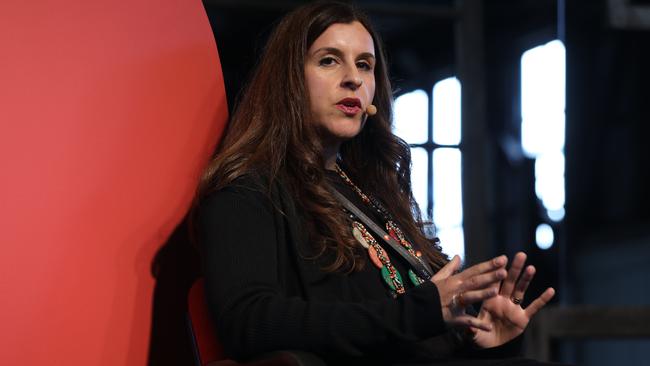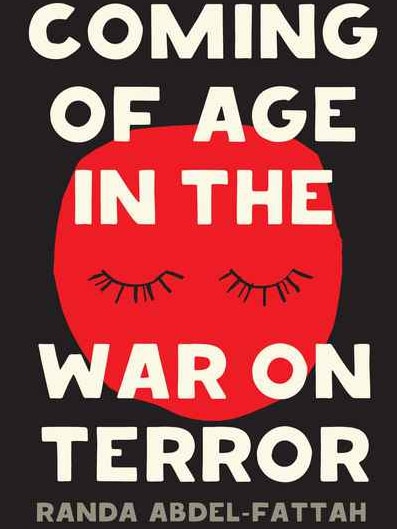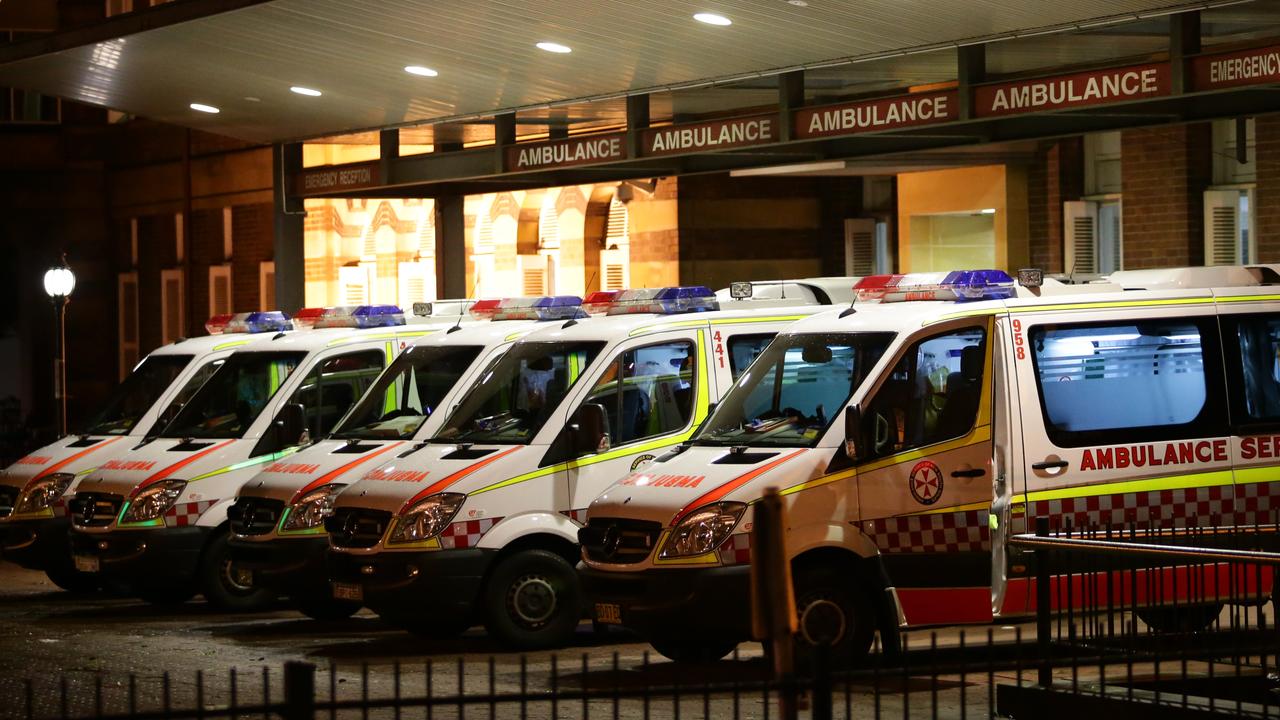Unvarnished teen worldview of Islamist terror threat

Our leaders often claim that Australia is the world’s most successful multicultural society. They make lists of “Australian values” and urge everyone to support “Team Australia”. Those who won’t are told, “like it or leave it”.
A Sudanese Australian, Yassmin Abdel-Mageid, didn’t like it. On Anzac Day 2017, she posted “Lest we forget. Nauru. Manus. Palestine”. She’d already called Islam “the most feminist religion” on Q&A. The public outrage was such that the former mechanical engineer and Young Australian of the Year left for Britain, and hasn’t called Australia home since.
Migration has never been easy. Not for the first generation who struggle to establish themselves, nor for the second, who complain that the host society doesn’t accept them. As each migrant bulge passes through the national snake, one ethnic group succeeds another.
The community has difficulty in digesting migrants displaced by war and loss, like some from Lebanon for whom becoming Australian may not have been their preference. Rejection tends to be mutual, and barricades of prejudice go up. Not surprisingly, Muslims fleeing the very countries where Australians since 2001 have been fighting the “war on terror”, often feel they are the enemy here, and that every new terrorism event is seen as their fault.
Dr Randa Abdel-Fattah interviewed teenage students, Muslim and non-Muslim, about their experiences in a time of terrorism. She doesn’t say how many, but their responses, predictably, ranged from fight to flight, through victimhood, retreat, resentment, and rebellion. Some wrote wincingly bad poems for her, others produced thoughtful self-revelations. Others again said they felt like a “suspect community”. They experienced public bigotry and lost friends whenever terrorist events were in the news.
Of these millennials, few knew much about the origins of terrorism or relevant world events. Their school curriculum was full of gender critiques, Abdel-Fattah found, but discussion of racism as a contemporary Australian phenomenon was rarely encouraged. To guide her postdoctoral research with the students, she relied on prominent cultural theorists, most of them French. Paradoxically, more deaths from terrorism occurred in France from 2014-20 than any other Western country.

In Sydney, Abdel-Fattah found a few teachers who encouraged students to consider both sides of the religious divide, but others shut down debate, leaving Muslim students isolated or resentful. Teaching them about Islamist terrorism, its origins and consequences, was beyond the remit of the private, state and Islamic schools whose students she interviewed.
At troubled Punchbowl Boys, accusations of schoolyard Islamist radicalisation resulted in the principal’s removal in 2018. A compulsory program, School Communities Working Together, was introduced there by Education Secretary Mark Scott (called “Mike” here), with unannounced results. The high school features in Michael Mohammad Ahmad’s eye-opening novel, The Lebs, in which students cheer the events of September 11, 2001.
To prevent terrorism, authorities have to anticipate it, unlike other crimes. Abdel-Fattah is disparaging about programs such as Countering Violent Extremism, and about their prejudicial notion of “at-risk Muslim youth”. She correctly observes the rise of ultra-right extremism but doesn’t discuss the extent of Islamist terrorism in Australia, and finds none among her student interlocutors. Yet we know the names and activities of young Islamist Australians, just as we do those of neo-Nazis, Australia First members, and admirers of Brenton Tarrant.
Young Muslims accused of violent attacks have expressed disdain for the law and for other Australians. If Abdel-Fattah’s student cohort had included them, she might have found reasons for their convictions include passionate resentment of Western insults to Muslims here and abroad, outrage at Australian forces fighting Muslims in Afghanistan and Iraq, and determination to exact revenge, as instructed by the caliphate, wherever and by whatever means. Instead, Abdel-Fattah identifies the racist white Australian majority as the oppressors of Muslims. While this may follow French theory, and white Australians certainly include racists, not all Australian racists are white, and Australian Muslims can be white too. Islam is a world religion, not a race, and very few Muslims are Islamists. Most recent terrorists are, however. Islamist extremism has led to the recent rise of religious bigotry, identity politics, and ultra-right xenophobia. But they confront all Australians more than terrorism does.
Coming of Age in the War on Terror
By Randa Abdel-Fattah
NewSouth, 2021, 352 pp, $34.99 (PB)


